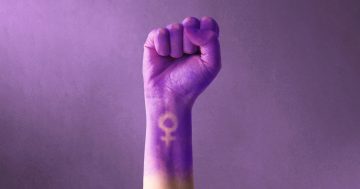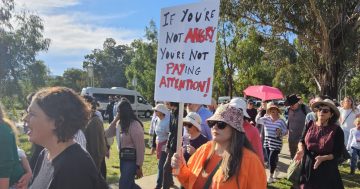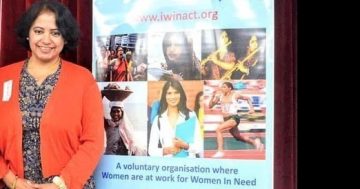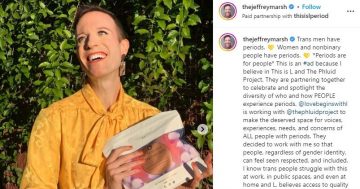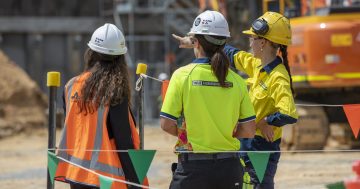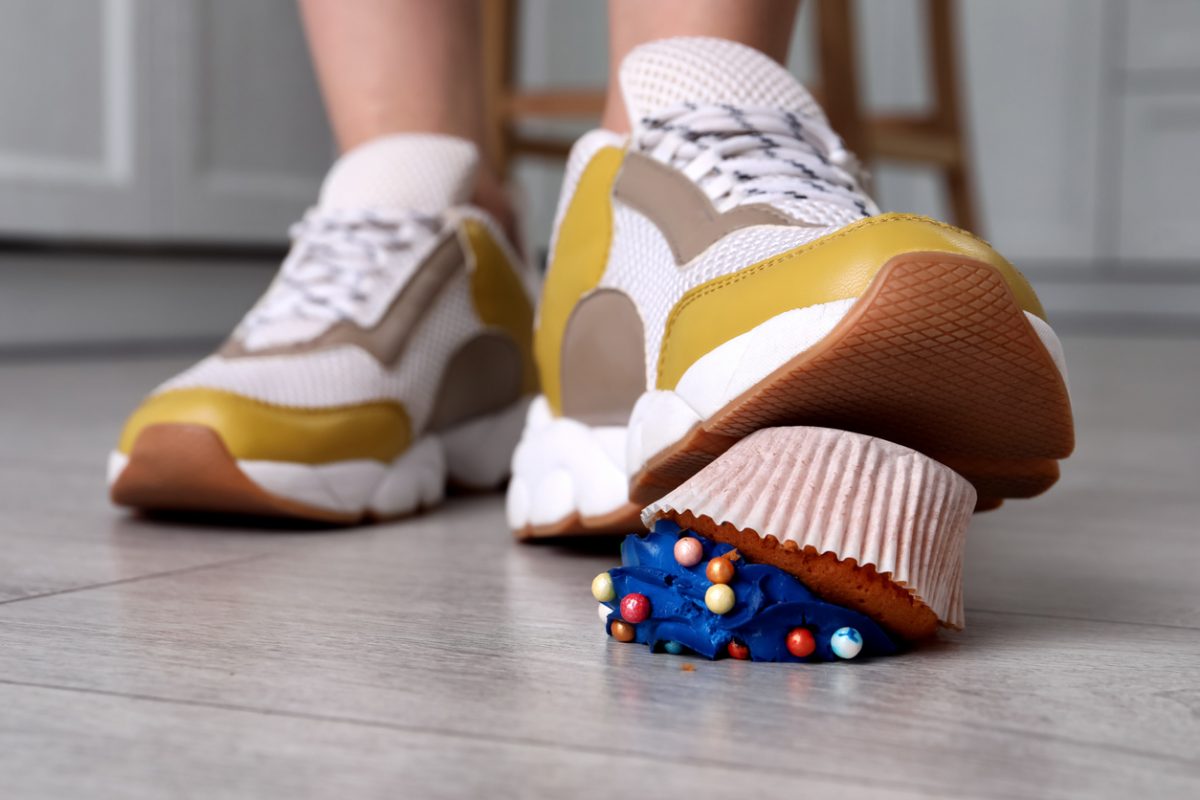
Women deserve more than a cupcake (they probably baked) on IWD. Photo: File.
I remember a time before cynicism and reality jaded me, when I was enthusiastic about International Women’s Day (IWD).
As an adopter of feminism early in life, I spent my teen years writing for feminist magazines and devouring feminist texts.
In my undergrad years at ANU, I was the Women’s Officer, hosted IWD events, attended luncheons, baked cupcakes. I remember doing stunts in Union Court where we’d offer free donuts to students, and when a man took one, we’d carefully cut a third out of the pastry before handing it over to symbolise the gender pay gap.
We slapped ‘Boycott Sexism’ stickers on advertising that objectified women. We protested Tony Abbott’s comment that generalised women into the category of ‘housewives’ by dressing up in wedding gowns and chaining ourselves to ironing boards.
Eventually, I graduated and worked in the women’s sector for most of my career.
I expected that I would be engaged in IWD events and activities for the rest of my life as part of my ongoing commitment to feminism. I pictured these as a continuation of our grassroots advocacy in university, but with more rigour and clear, tangible goals. But instead, a decade of participation has left me cynical and even a little contemptuous of the occasion.
Why? Well, it’s hard to choose where to start.
I imagine that, at its inception, IWD was an opportunity to celebrate the wins of feminism in gaining rights for women in employment, suffrage, reproductive rights etc, and to continue to draw attention to the ongoing inequalities experienced by women globally.
But by and large, in a Canberra context, I see organisations using the day to virtue signal their progressiveness without any accountability for gender inequalities within their systems or by actively contributing to issues on the ground.
There is a flood of panels about ‘women in leadership’ catering to middle-class audiences who love to talk about the importance of women on boards or as CEOs as though that makes any difference to the experiences of low-income women dealing with barriers to housing, education and healthcare, which should be the focus of our efforts.
Social media becomes a shrine to women posting photos with their friends, with hashtags about ‘bossbabes’ and ‘girlgangs’, which disappear a day later when everyone returns to business as usual. And frustratingly, the lunches and morning teas and panels are usually priced at a point that is inaccessible to the majority, require hours of labour to pull together (usually performed by women), and result in nothing meaningful other than the warm fuzzy feeling that lets people justify not doing anything else to address gender inequality for the rest of the year.
I’ve been pleased to see my feelings mirrored by other women this year, with many taking to social media to call out the pointless posturing of corporate events and cupcakes. IWD should be an opportunity for advocacy, awareness raising and lobbying, not self-congratulatory talkfests where the primary objective is a nice photo for Instagram.
I want to see women’s organisations collaborating to leverage the day to speak to decision-makers about the things that affect the most vulnerable women in our community – like funding for emergency housing for women with children escaping domestic violence, increased access to emergency food relief for low-income families, addressing the prohibitive cost of child care, etc.
In the meantime, I’m making donations to Beryl Women and Karinya House, and will be keeping off social media for the sake of my sanity.












